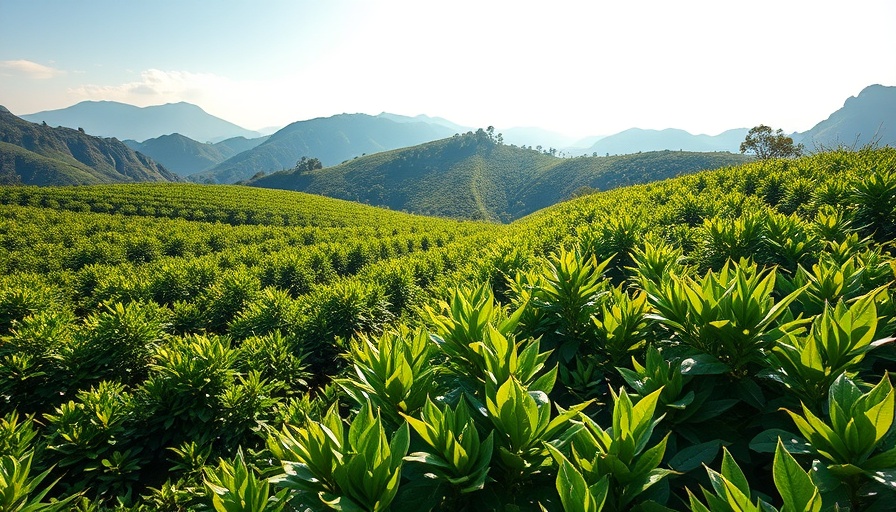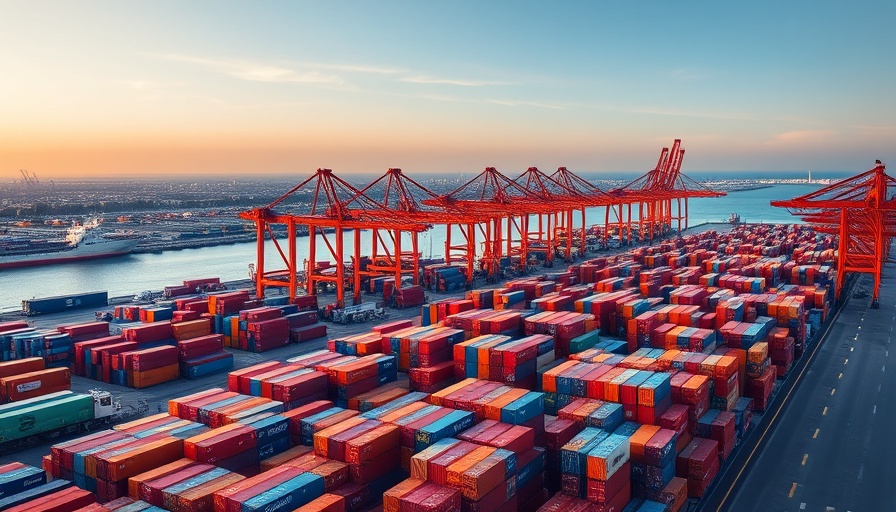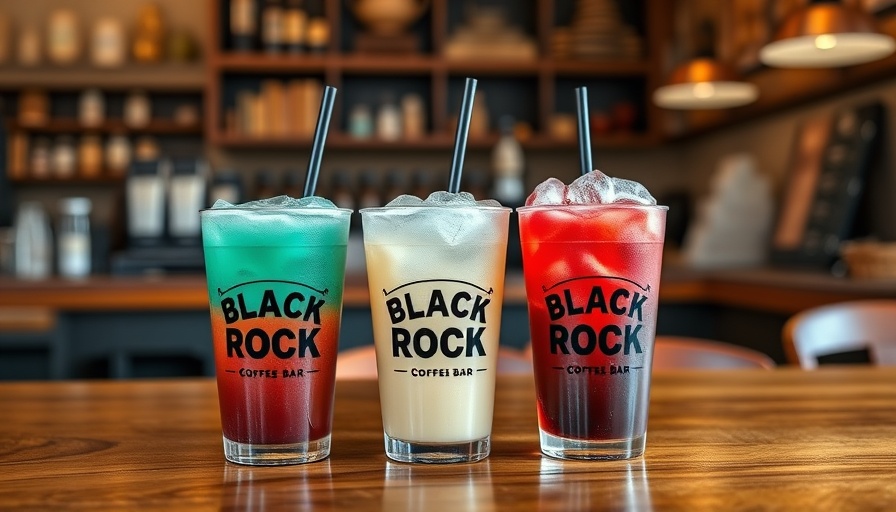
The Formula for Sustainable Coffee: A Delicate Balance
In today's competitive coffee market, the challenge of ensuring sustainability while maintaining high quality and productivity is increasingly vital. As we examine Brazil's extensive contributions to global coffee production, it becomes clear that the best production model is one that combines innovative practices with environmental consideration. Around the globe, coffee producers are not only facing climate change but also navigating economic volatility and rising consumer demand for sustainable products. So, what truly is the formula for sustainability in coffee production?
A Diverse Landscape of Coffee Farming
Brazil is home to an intriguing contrast in coffee farming, with thousands of smallholder families operating on less than 10 hectares, in stark comparison to large estate owners with over 200 hectares. This diversity fosters an environment ripe for innovation amidst growing pressures. Each farming system represents unique adaptations and knowledge-sharing that maintain and enhance their productivity while considering sustainability.
Cross-Pollination of Knowledge: Technological Growth
The connections between large and small producers dramatically shape agricultural practices. Larger farms are more likely to experiment with emerging technologies, such as advanced irrigation systems or genetically resilient coffee varieties. These innovations often seep down to smaller farms, fostering resilience throughout Brazilian coffee farming communities. For instance, drip irrigation, initially proven effective on the larger estates, has become a widely accepted practice among smaller producers, significantly improving water use efficiency.
Ethics in Coffee Production: The Consumer's Role
As consumers increasingly seek out ethically sourced coffee beans and gourmet coffee experiences nearby, the market is shifting toward sustainable practices. Coffee shops are now recognizing the importance of serving high-quality coffee that is also ethically produced. Establishments that offer single-origin beans, fair trade options, and other luxury coffee experiences cater to a discerning clientele who value accountability and sustainability, thereby driving producers to align their practices with these consumer expectations.
The Future of Coffee: Innovation Amidst Challenges
The future of coffee production lies in the capacity of farmers, both large and small, to adapt to changing conditions. Innovations in farming techniques and technology will continue to play a crucial role, yet farmers also require support from the community, including consumers and policymakers. Addressing sustainability issues means balancing productivity with environmental stewardship, thereby ensuring that the beloved beverage remains accessible for generations to come.
As coffee enthusiasts, understanding the intricacies of coffee production helps us appreciate that each cup of coffee is more than just a drink; it embodies the hopes and innovations of those who produce it. By supporting coffee shops committed to ethical sourcing and sustainability, such as luxury sit-in coffee cafes or specialty coffee shops offering Chemex coffee, we contribute to a future where quality coffee thrives sustainably.
 Add Row
Add Row  Add
Add 




Write A Comment